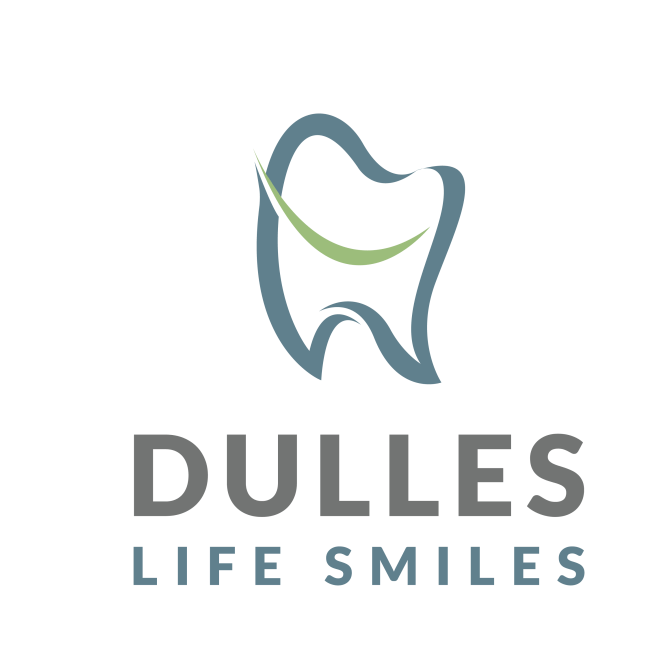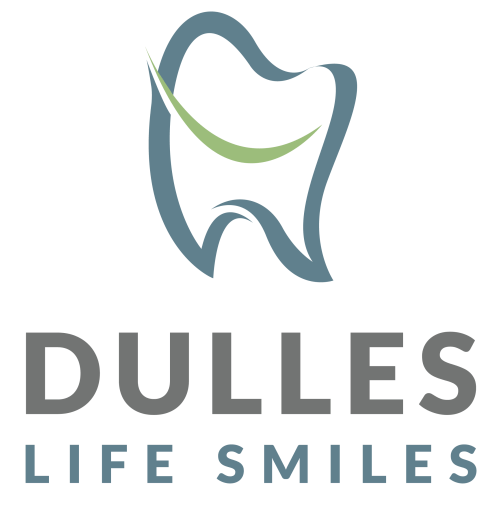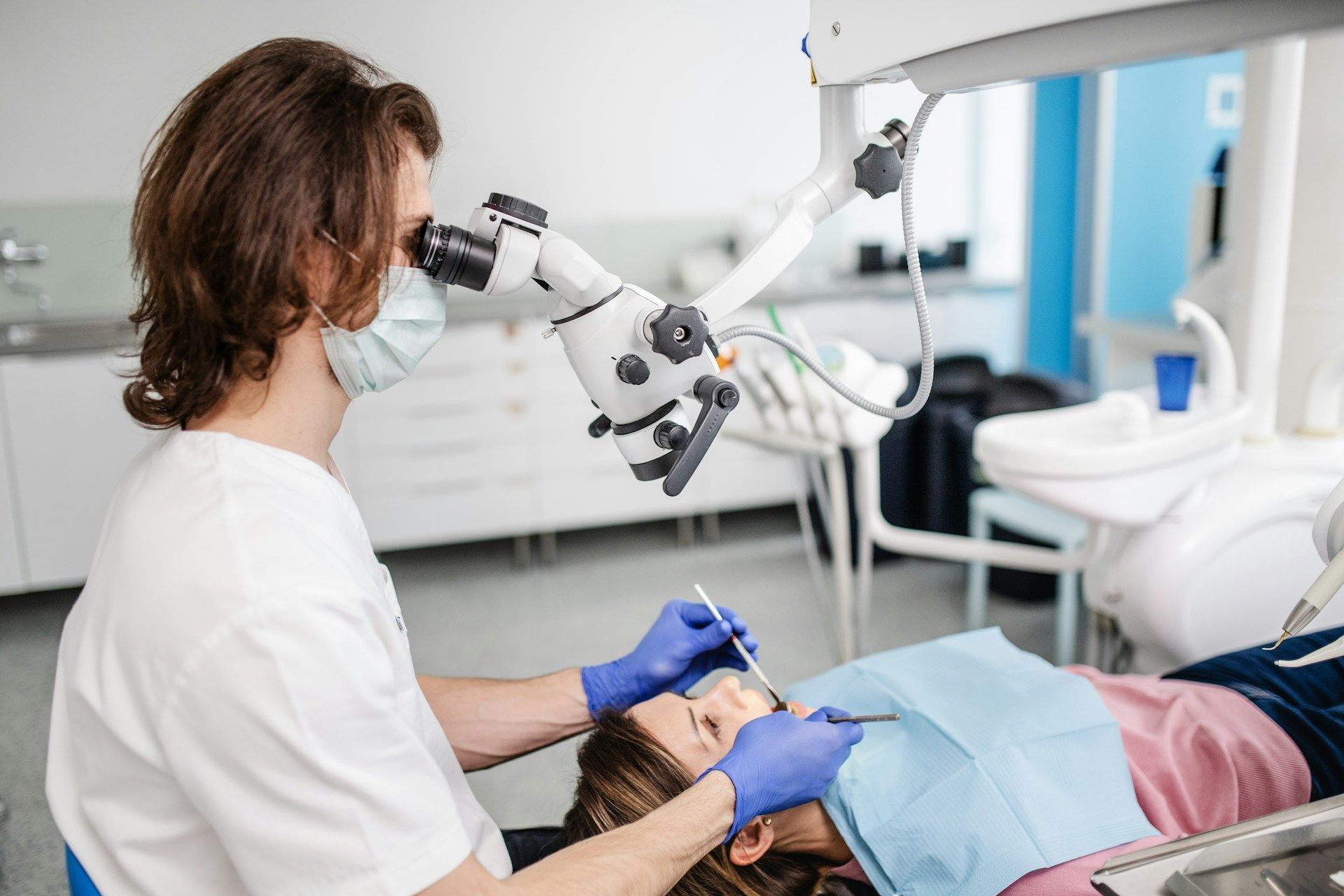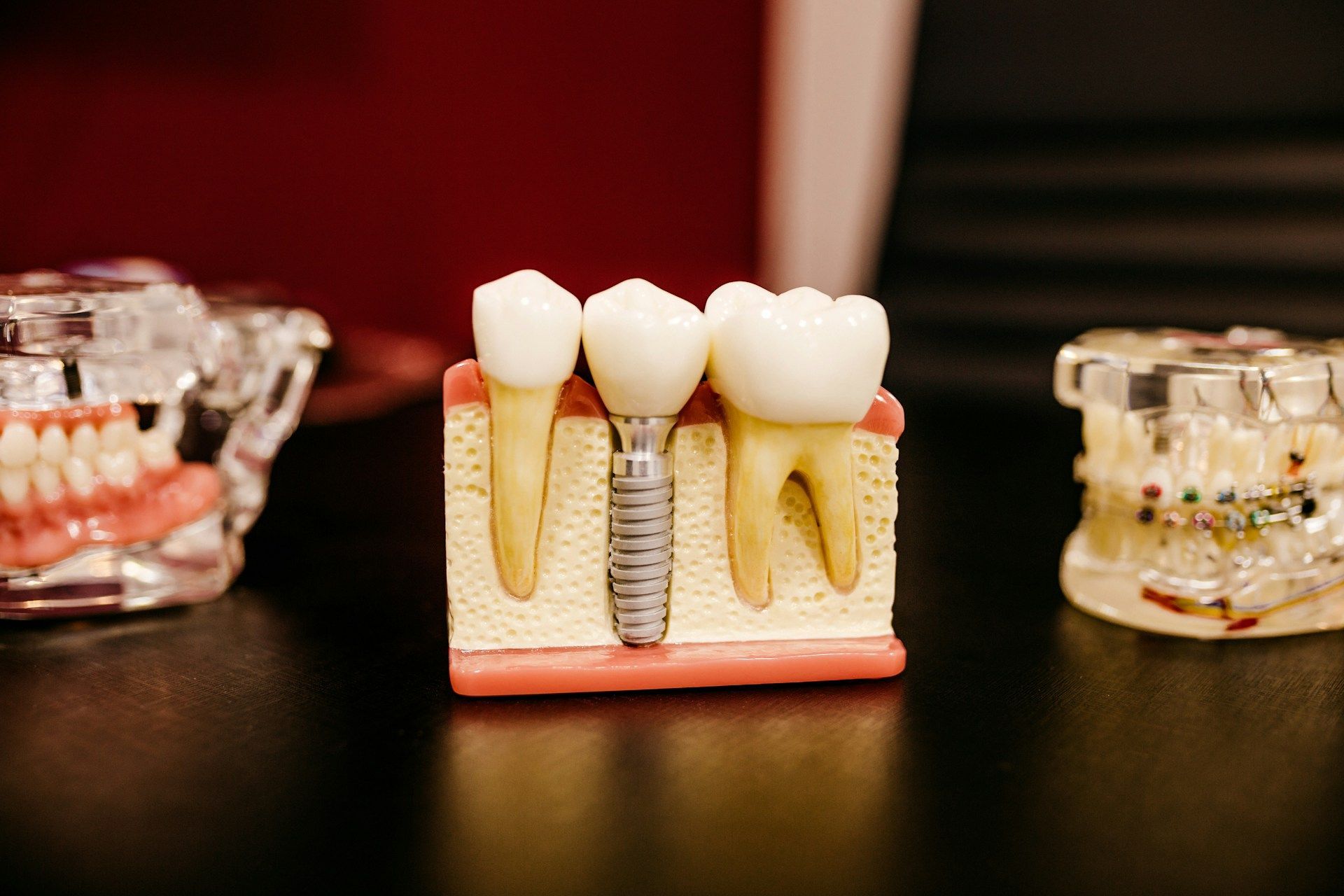Dr. Gino Habla Español
The Ultimate Guide to Pediatric Dental Care
Taking care of your child's teeth is critical for their health and well-being. Good dental habits established early can lead to a lifetime of healthy smiles. By understanding the basics of pediatric dental care, you can help your child avoid common dental issues and ensure they develop strong, healthy teeth.
Diet plays a vital role in your child's oral health, too. Certain foods promote strong teeth, while others can harm them. Being mindful of what your child eats can make a significant difference in preventing tooth decay. Regular visits to the dentist are also crucial. Knowing what to expect and how to prepare your child for these visits can make them less daunting and more successful. Let's explore the ultimate guide to pediatric dental care to help keep your child's smile bright and healthy.
Understanding the Basics of Pediatric Dental Care
The Importance of Pediatric Dental Care
Pediatric dental care is vital for your child's overall health. Healthy teeth help your child chew food properly, speak clearly, and smile confidently. Early dental care lays the foundation for good oral hygiene habits that last a lifetime. Regular dental visits also allow the dentist to monitor your child's oral development and catch potential issues early.
Common Dental Issues in Children
Children are prone to certain dental issues that need attention. Cavities, also known as dental caries, are the most common problem and occur when bacteria in the mouth produce acids that erode tooth enamel. Cavities can cause pain and, if left untreated, can lead to infections and tooth loss.
Gum disease is another concern. While it is more common in adults, children can also develop gingivitis, the early stage of gum disease. Gingivitis causes swollen, red, and bleeding gums. If not treated, it can progress to more serious gum disease that affects bone and supporting structures of the teeth.
Thumb sucking and prolonged use of a pacifier can lead to dental problems such as misaligned teeth. It’s important to address these habits early to prevent long-term issues. Educating your child about good oral hygiene and making regular dental visits can help prevent these common dental problems.
Establishing a Routine: Daily Dental Care for Kids
Step-by-Step Guide to Brushing and Flossing for Children
Teaching your child how to brush and floss properly is essential. Here’s a simple guide to get started:
1. Brushing:
- Use a pea-sized amount of fluoride toothpaste on a soft-bristled toothbrush.
- Angle the brush at 45 degrees to the gums.
- Gently brush in circular motions on all tooth surfaces, including the front, back, and chewing surfaces.
- Brush for two minutes, twice a day—morning and night.
2. Flossing:
- Use a piece of dental floss about 18 inches long.
- Wrap the floss around your middle fingers, leaving about two inches of floss between them.
- Gently slide the floss between each tooth, hugging the side of the tooth in a C-shape.
- Move the floss up and down, cleaning under the gumline.
- Use a fresh section of floss for each tooth.
Tips for Making Dental Care Fun
Making dental care fun can help your child develop a positive attitude towards oral hygiene. Here are some tips:
1. Choose Fun Toothbrushes and Toothpaste: Let your child pick a toothbrush with their favorite character and toothpaste with a flavor they like.
2. Use a Timer: Play a two-minute song or use a fun timer to make sure they brush for the right amount of time.
3. Create a Reward System: Use a sticker chart to track brushing and flossing. Offer small rewards for consistent brushing and flossing habits.
4. Make It a Family Activity: Brush and floss together to set a good example and make it a bonding time.
5. Read Books or Watch Videos: There are many children’s books and videos that teach the importance of dental care in a fun and engaging way.
By making dental care enjoyable and establishing a routine, you can help ensure your child maintains healthy teeth and gums.
Foods and Habits to Avoid
Certain foods and habits can harm your child's teeth. Here’s a list of what to avoid:
1. Sugary Snacks and Drinks: Candies, cookies, sodas, and fruit juices can lead to cavities as sugar feeds the bacteria in your child’s mouth.
2. Sticky Foods: Foods like gummy candies and dried fruits can stick to teeth, providing a constant source of sugar for bacteria.
3. Acidic Foods and Drinks: Citrus fruits, pickles, and soda can erode tooth enamel over time.
4. Frequent Snacking: Constant snacking, especially on sugary foods, keeps the sugar levels in the mouth high, increasing the risk of cavities.
5. Brushing Too Hard: Using too much force while brushing can damage gums and teeth. Teach your child to brush gently with a soft-bristled toothbrush.
Being mindful of what your child eats and avoiding harmful habits can significantly impact their oral health positively.
Preparing for Pediatric Dental Visits
What to Expect During a Pediatric Dental Checkup
Knowing what to expect during a pediatric dental checkup can help you and your child feel more comfortable. Here’s what usually happens:
1. Initial Examination: The dentist will start with a gentle examination of your child's teeth, gums, and mouth to check for any obvious issues like cavities or misaligned teeth.
2. Professional Cleaning: A dental hygienist will clean your child's teeth, removing plaque and tartar buildup. This usually involves brushing and flossing, followed by polishing the teeth.
3. X-Rays: Depending on your child's age and dental history, the dentist may take X-rays to get a closer look at the teeth beneath the gums.
4. Fluoride Treatment: To strengthen the enamel, a fluoride varnish or gel is often applied to your child's teeth.
5. Discussion: The dentist will discuss any findings, offer tips for at-home care, and answer any questions you may have.
Preparing your child for these steps can help make the visit smoother and less stressful.
Conclusion
Caring for your child's teeth is an ongoing process that requires attention to daily routines, diet, and regular dental checkups. By understanding the basics of pediatric dental care, you can help your child develop good habits that will last a lifetime. Ensuring they brush and floss properly, eat tooth-friendly foods, and feel comfortable visiting the dentist will set them up for a healthy smile.
To learn more about how we can assist with your child’s dental needs, schedule a visit with our pediatric dentists in Ashburn, VA, at Dulles Life Smiles. Our team is dedicated to helping your family achieve healthy, confident smiles.





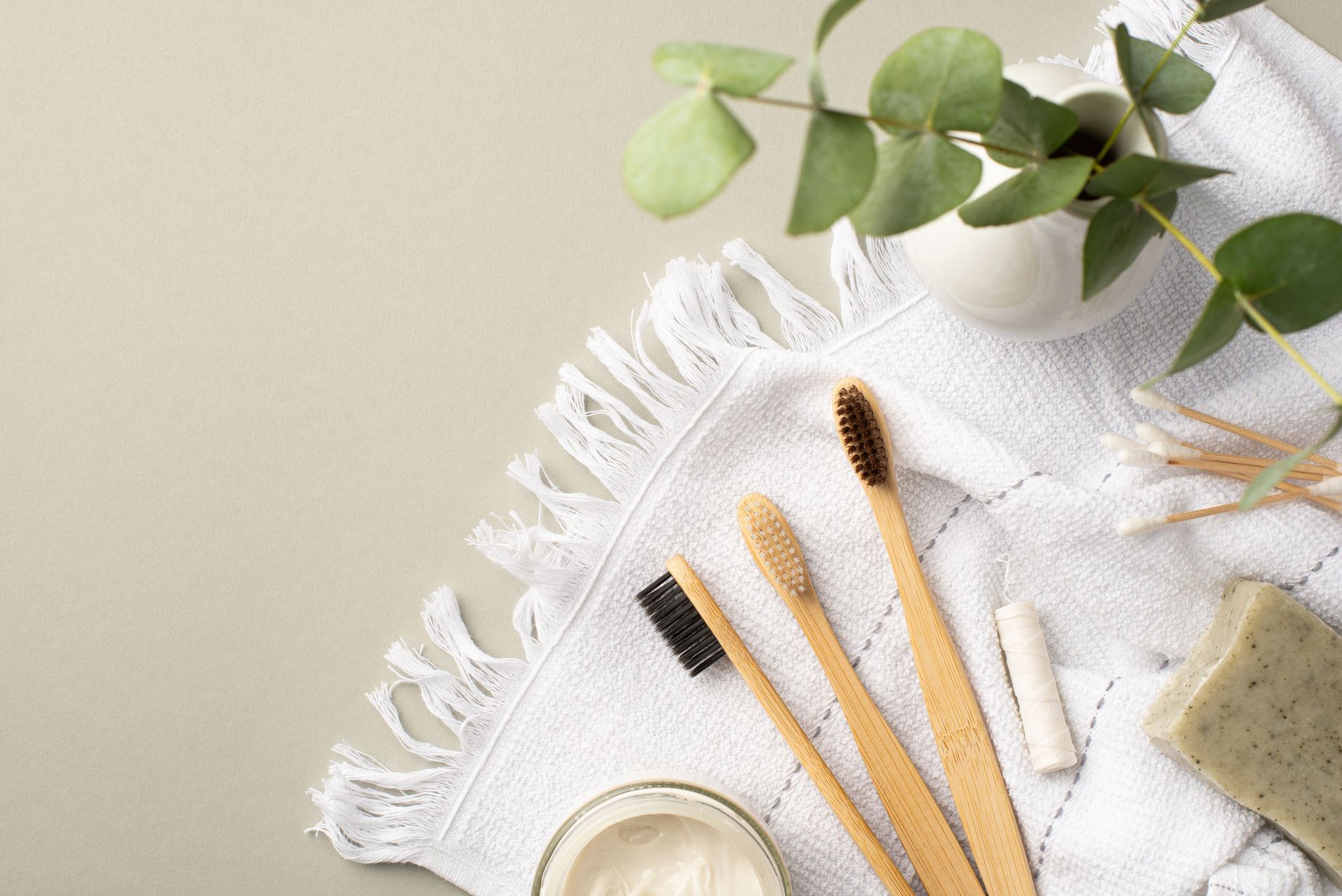
CONTACT
CONTACT US TO SCHEDULE YOUR APPOINTMENT TODAY!
Business Hours
- Mon, Tue, Thu
- -
- Wednesday
- -
- Friday
- -
- Sat - Sun
- Closed
DR. GINO HABLA ESPAÑOL
CONTACT
CONTACT US TO SCHEDULE YOUR APPOINTMENT TODAY!
22420 Flagstaff Plz # 150 Ashburn, VA 20148
Thanks for choosing us as your preferred dentist in Ashburn, VA
Follow Us On Social Media
All Rights Reserved
Dentist Websites by Energize Group
